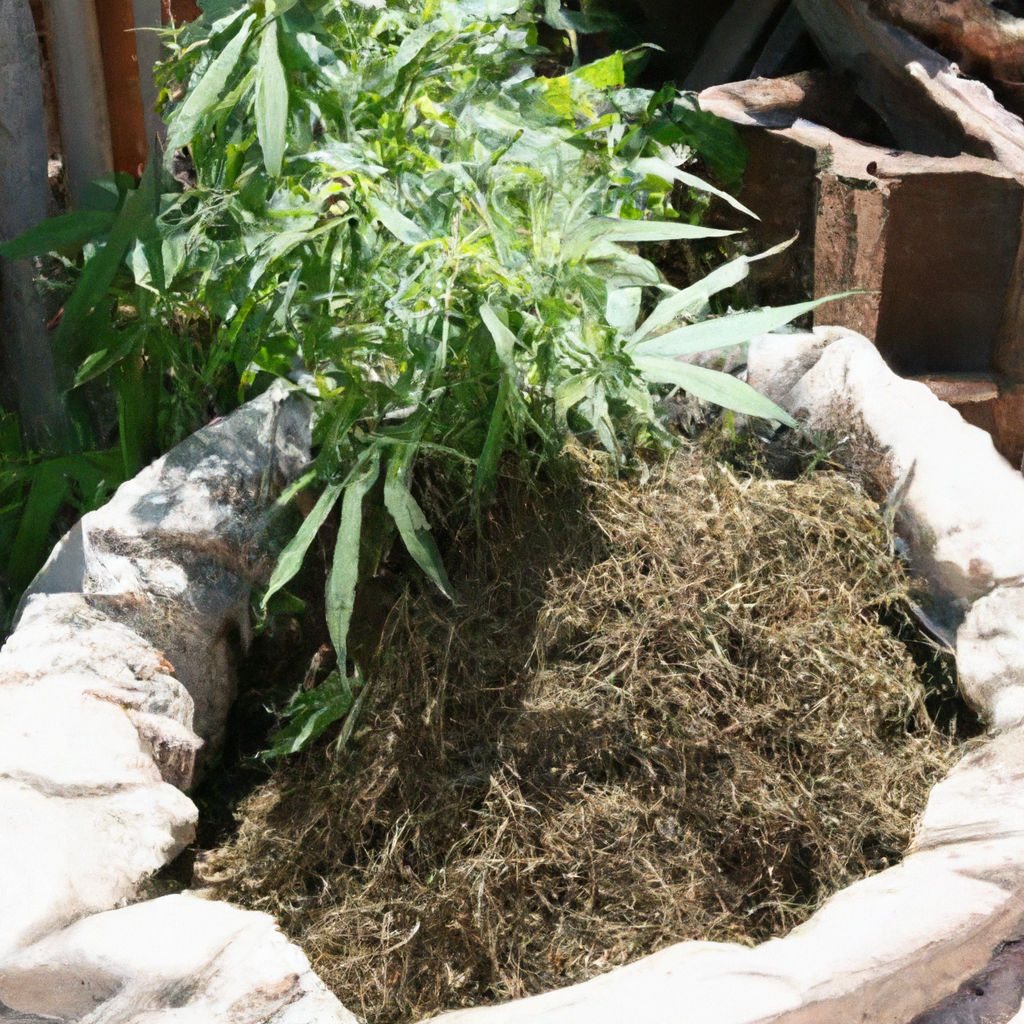Your cart is currently empty!
Organic cannabis cultivation is not only a method of sustainable agriculture, but also a path to producing cleaner and healthier products for consumers. By focusing on natural fertilizers, composting methods, and ecological pest control, growers can meet both environmental and quality standards. This guide dives into the best practices for successful organic cannabis cultivation, highlighting the dual benefits to the environment and consumer health.
Building a Robust Soil Ecosystem
The heart of organic cannabis cultivation lies in the soil. Unlike conventional growing techniques that rely on synthetic inputs, organic methods emphasize nurturing the soil’s natural ecosystem. The key is to establish a rich microbial environment that supports plant health.
- Compost Enrichment: Use kitchen scraps, yard waste, and animal manure to create nutrient-rich compost. This boosts soil fertility and enhances microbial activity.
- Cover Crops: Planting cover crops such as clover or alfalfa can improve soil structure and prevent erosion. They also help fix nitrogen in the soil naturally.
- Worm Castings: Introduce earthworm castings as a natural fertilizer to improve soil aeration and nutrient content.
Natural Fertilizers for Cannabis Growth
Transitioning to organic fertilizers ensures that cannabis plants receive nutrients in a more sustainable manner. Here are some organic fertilizers that are effective for cannabis:
- Bokashi Bran: This fermented organic matter is rich in beneficial microbes and provides complete nutrition for plants.
- Fish Emulsion: Derived from fish waste, this fertilizer offers essential macronutrients and boosts plant vigor.
- Alfalfa Meal: A slow-release source of nitrogen, phosphorus, and potassium, it also contains trace minerals and growth hormones.
Eco-Friendly Pest Control Solutions
Maintaining healthy plants requires effective pest control. However, organic growers avoid synthetic pesticides due to their harmful environmental impact. Instead, consider these natural solutions:
- Beneficial Insects: Introduce ladybugs or predatory mites to control aphid and spider mite populations.
- Neem Oil: This plant-based oil acts as an insecticide and fungicide, disrupting pest life cycles without harming beneficial insects.
- Companion Planting: Growing plants like marigolds or basil can repel pests naturally while attracting pollinators.
Benefits of Organic Cannabis Cultivation
The advantages of organic cannabis are far-reaching, impacting not only the crop but also the broader environment and consumer health:
- Environmental Sustainability: Organic methods reduce chemical run-off and soil degradation, preserving ecosystems.
- Healthier Products: Free from chemical residues, organic cannabis is safer for consumers, promoting wellbeing and preventing exposure to harmful substances.
In conclusion, embracing organic cannabis cultivation practices not only supports environmental sustainability but also enhances the quality of the cannabis produced. By fostering healthier soil ecosystems, using natural fertilizers, and employing eco-friendly pest control, growers can achieve high yields that are both superior in quality and environmentally friendly.
By integrating these organic practices, cultivators extensively contribute to better environmental management while providing consumers with cleaner, safer products.
Tags: OrganicGrowing, PestControl, NaturalFertilizers, EcosystemBuilding, CannabisCultivation
Discover more from Magic Clones
Subscribe to get the latest posts sent to your email.


Leave a Reply